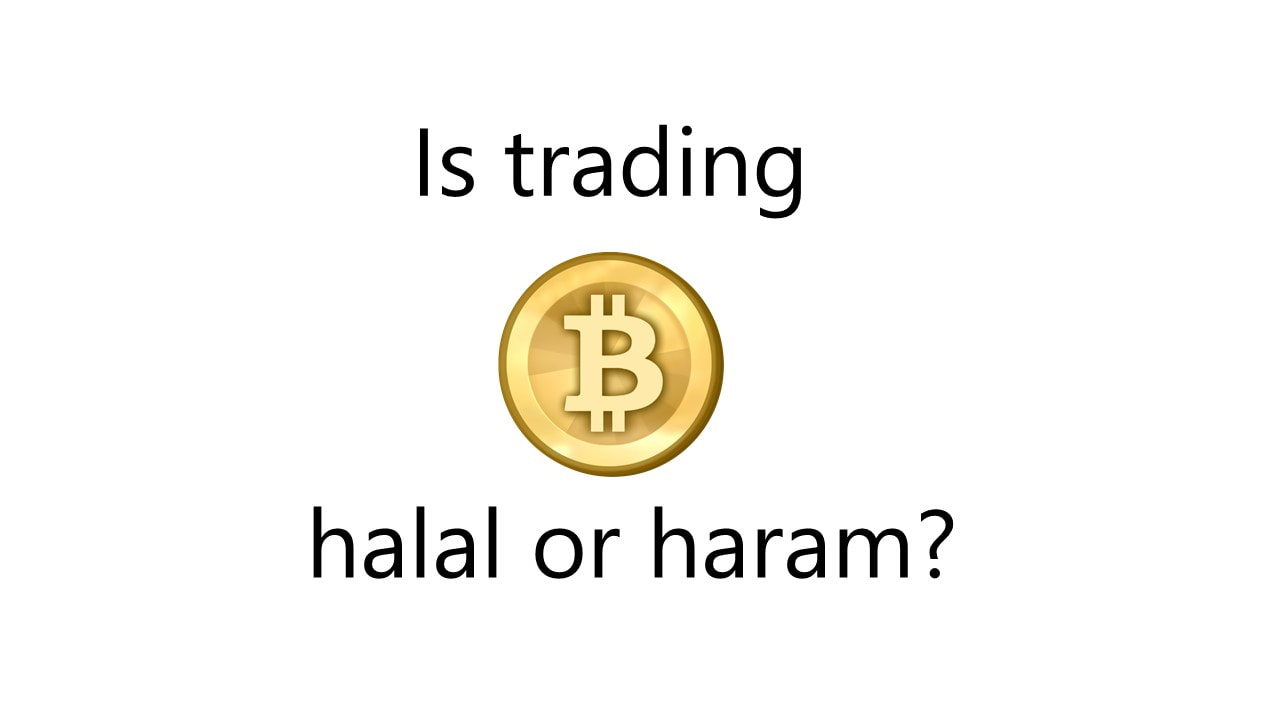An Islamic scholar and a Sharia adviser and compliance officer at Blossom Finance (a fintech startup based in Jakarta, Indonesia), Mufti Muhammad Abu Bakar, has declared that Bitcoin is permissible under Sharia Law, opening up the cryptocurrency market to investment from 1.6 billion Muslims around the world, The Independent reported.
The publication of the study into whether Bitcoin is halal or haram was followed by unprecedented price gains for Bitcoin, which saw its value surge by more than $1,000 in less than an hour a historic price movement for the cryptocurrency.
In just under an hour more than a billion dollars worth of Bitcoin trades were registered on exchanges causing the digital currency to spike by as much as 14%, Forbes reported.
This has led some analysts to speculate that news of Bitcoin’s Sharia Law compliance may have contributed to the price spike seen on April, 11th (last Thursday).
Sharia is obviously GREAT for #bitcoin $btc pic.twitter.com/HiE1VDrJSr
— meow (@countrconsensus) April 13, 2018
The study itself, explored the functionality of Bitcoin and other cryptocurrencies to determine whether they fit with Islam’s strict definitions of money.
An excerpt read:
“In Germany, Bitcoin is recognized as a legal currency and therefore qualifies as Islamic money in Germany. In countries such as the US, Bitcoin lacks official legal monetary status but is accepted for payment at a variety of merchants, and therefore qualifies as Islamic customary money.”
“With all the confusion out there, we wanted to offer clear guidance supported by solid research that benefits both laypeople and practitioners of Islamic finance.”
“Bitcoin is permissible in principle as Bitcoin is treated as valuable by market price on global exchanges and it is accepted for payment at a wide variety of merchants,” the study states.
“Moreover, many private individuals accept Bitcoin as a medium of exchange in their private transactions.”
Sharia Law, or Islamic Canonical Law, prohibits the practice of lending money at high-interest rates, known as usury. Debate has raged since the popularity of Bitcoin in the Islamic Scholar community as to whether Bitcoin trading was a form of usury due to the volatility and huge profit and loss margins.
This follows a call in January by Egypt’s top imam Sheikh Shawki Allam, the Grand Mufti who issued a formal fatwa stating that trading in the digital currency is “forbidden in Sharia, as it causes harm to individuals, groups and institutions.”
The imam argued that bitcoin carries risks of “fraudulence, lack of knowledge, and cheating,” Egyptian daily Ahram reported. Allam likened the trading of the cryptocurrency to gambling, which he said is also forbidden under Islam “due to its direct responsibility in financial ruin for individuals.”
With a new study by Abu-Bakar declaring Bitcoin is compliant with Sharia Law the debate doesn’t seem to be over whether Bitcoin and other cryptocurrencies are is Halal (permitted) or Haram (forbidden.)
The ruling came one day after a major Islamic scholar conference concerning cryptocurrencies, so the debate is not over for Muslims involved in the cryptocurrency sphere.
Bitcoin is currently trading at [FIAT: $8,337.80] according to Coin Market Cap at the time of this report.
Want an edge in the crypto markets? Subscribe to our free newsletter. Follow Coinivore on Facebook, at Twitter and Steemit.
